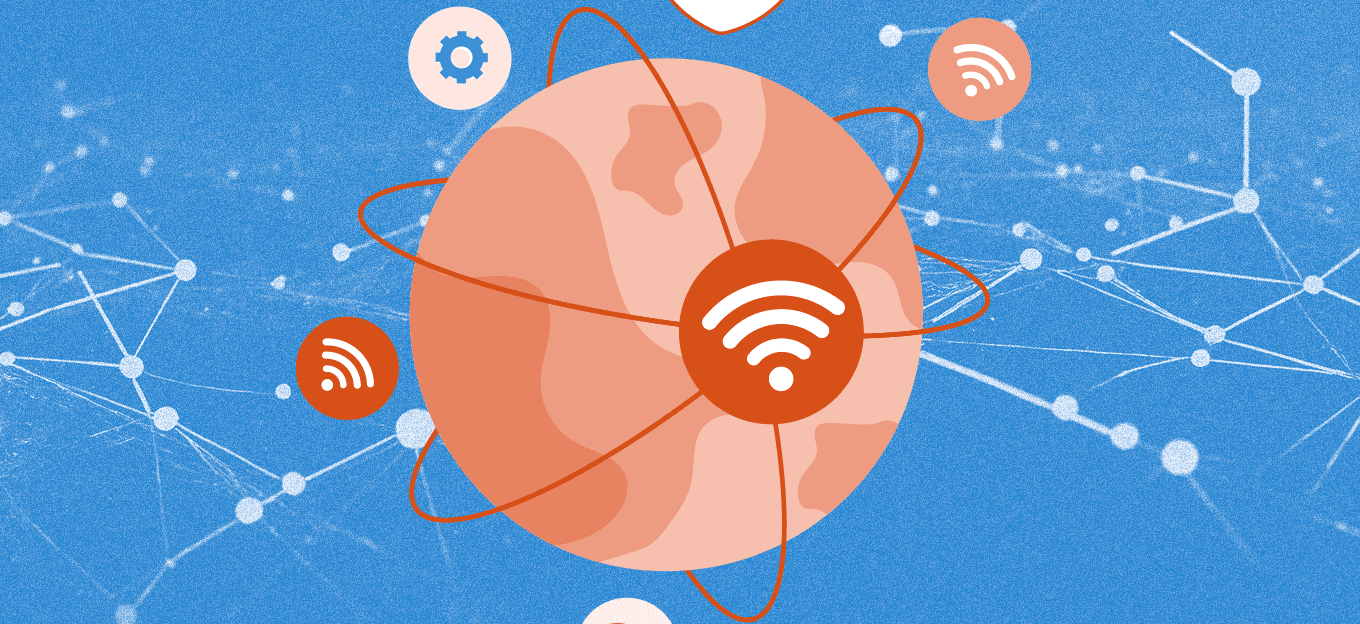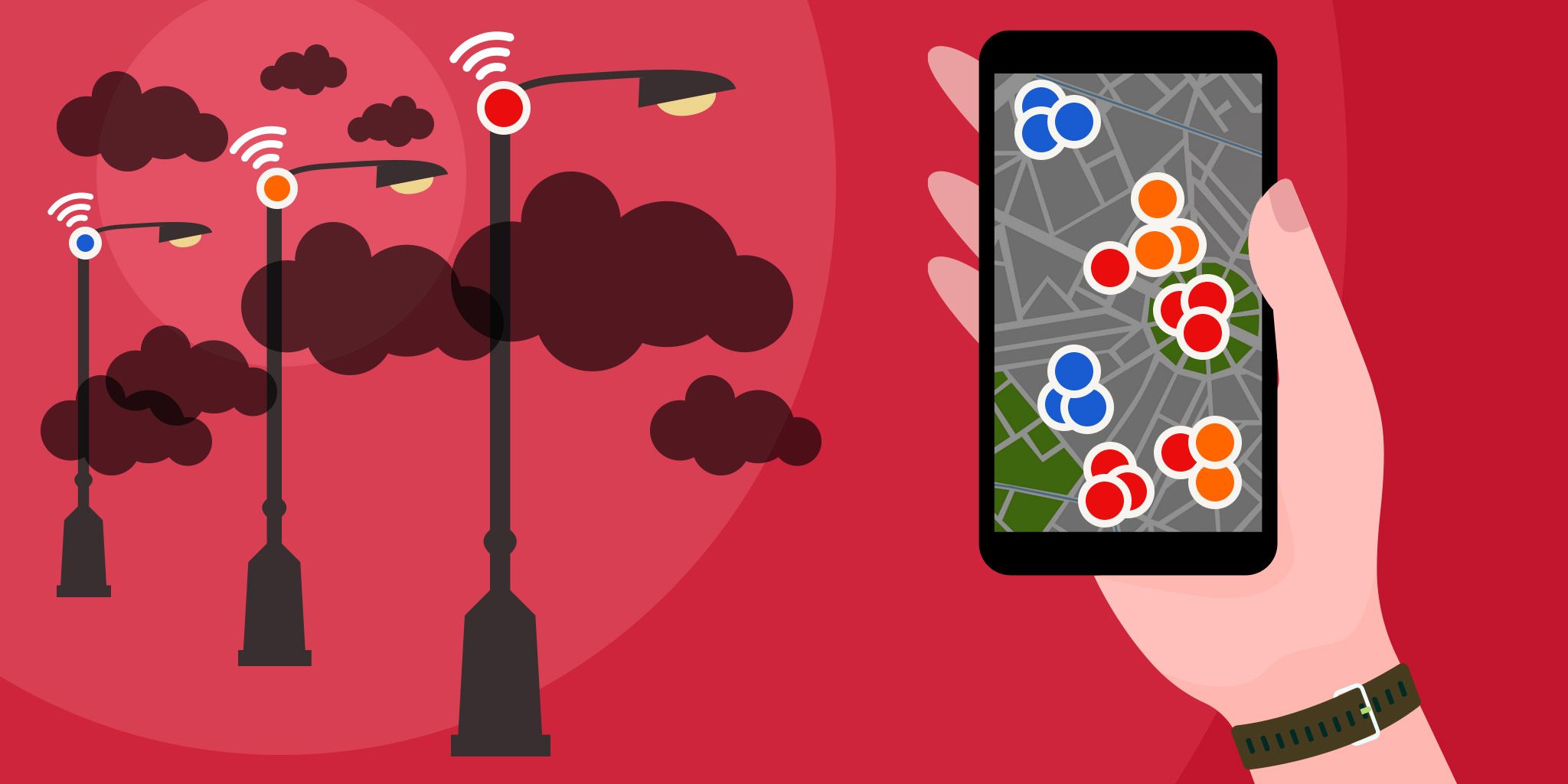Building Effective IoT Strategies
Building Effective IoT Strategies
- Last Updated: December 2, 2024
Guest Writer
- Last Updated: December 2, 2024



As business and its infrastructure are transforming from marooned silos to smart devices, Executives are always looking to capture data from their growing connected devices and apps. Internet of Things (IoT) is not only an innovation but also a great revolution towards digitalization.
IoT solutions provide various functional points for measuring dissimilar metrics. To build an effective framework, follow these IoT strategy tips.
IoT has found its place in every industry. The pace at which IoT is scaling up is massive. Its impacts are a stepping stone for creating emerging technologies and differences in our lifestyle. IoT makes products smart and intelligent. The main objective is to improve efficiency and reduce workloads and complexity.
IoT Strategies
IoT strategies’ key foci are always on digital transformation and business process revolutions, from cellular and smart sensors to Low Power Wide Area Networks (LPWAN). From data mining to processing time-series analysis, IoT helps businesses in every possible way.
Intelligent strategies always play a crucial role in the success of IoT projects when executed effectively. Some of the key-points that IoT strategies provide include:
- Root level and qualitative analysis into the IoT landscape focusing on primary research and other relevant data.
- Insights from experts. Including all the factors that can boost the performance and global economy through IoT deployments.
- Tactical and actionable insights for the long-term vision. Along with the growth and flourish of IoT trends and market.
Today, IoT is an emerging topic. Products, sensors, utilities, and industries are combining with IoT. To find advanced long-lasting automated solutions without the help of technology is very difficult for humans to process and follow up. Below are five ways to create successful IoT strategies.
Build IoT Based Business Models
Business models need upgrades in time to both compete with competitors and reach as many customers as possible. It's vital to provide a better user experience with better products and services. Whether a large scale enterprise or a growing startup, IoT success is full of mist. With technology growing faster, it is very tough to decide where to invest.
IoT business models are crucial to success and should include:
- Defined business goals and objectives
- Instances of connecting the dots with new opportunities
- Determine how data is collected through smart sensors from different sources
- Redefine customer experience and efficiency improvements
- Create business insights and automation processes
Select the Right IoT Platform
When you want to upgrade your business model with IoT based solutions, many vendors will try to persuade you and put you in their pitfalls. Here you may overbuy or not purchase the right platform for the business. Therefore, it's important to look for one vendor who offers complete solutions that meet your business goals and objectives.
When partners with multiple vendors that offer different solutions, the cost of the system will increase, along with the complexity. IoT solutions provide various functional points for measuring dissimilar metrics. Unfortunately, the lack of a complete IoT framework creates turbulence in business growth and leads to failure. Thus, while choosing the right IoT platform, two things to always consider are:
- Open APIs for seamless integration with existing systems.
- Robust developers tool to enhance application developments.
Build & Test For What Fits
IoT value chain is all about making processes intelligent through smart sensors and coding. One of the most critical challenges is realizing how IoT applications are full-fledged and necessary to integrate all IoT chain value components.
IoT helps businesses to implement smart technologies and automate business processes. Connected devices record and transfer data to track critical processes and provide new insights to boost efficiency, allowing companies to make more informed decisions.
Companies can understand what is happening to their business thanks to IoT, data analytics, and AI systems that identify previously hidden patterns.
Challenges with Data Deployment
The core asset of IoT applications is sensor data. When sensors create huge amounts of data, analyzing and decoding real-time insights is one of the major challenges. Businesses need complex algorithms to transform the sheer volume of data into business intelligence.
Some businesses use Hadoop based big data and analytics to store massive volumes of unstructured data generated from diverse data sources. For agile and predictive business processes, it’s better to go with IoT, along with big data analytics to speed up data-driven results.
Mobile Applications
Mobile applications compliment IoT technologies. They can segregate receiving alerts and notifications with predefined coding. Similarly, the built-in sensors act as a connectivity hub that can interact with any environment, ultimately paving the way for a broad range of applications for businesses and industries.
Mobile apps develop and provide the best user experience. They not only help collect data, but also keep users engaged. This way, businesses can learn about the customer’s journey and personalize each experience with the best recommendations.
Creating successful strategies will enhance digital presence, help businesses understand their audience better, and vice versa. Companies leveraging IoT can benefit from increased operational efficiency and advanced decision making.
The Most Comprehensive IoT Newsletter for Enterprises
Showcasing the highest-quality content, resources, news, and insights from the world of the Internet of Things. Subscribe to remain informed and up-to-date.
New Podcast Episode

How Smart Labels Transform the Supply Chain
Related Articles



